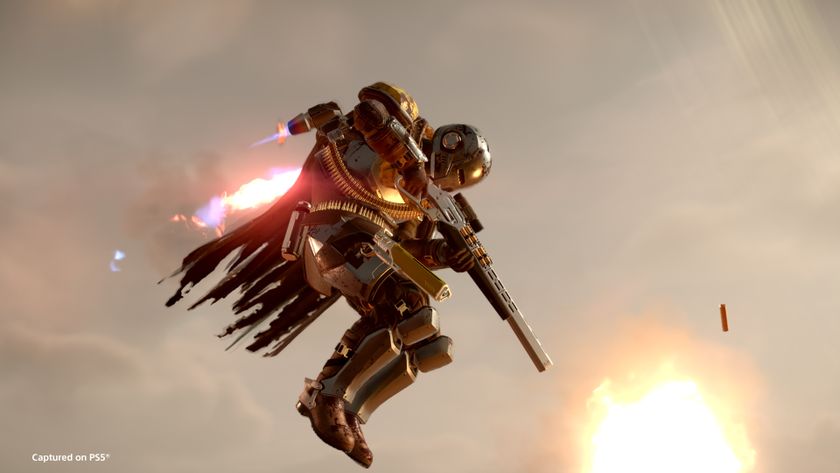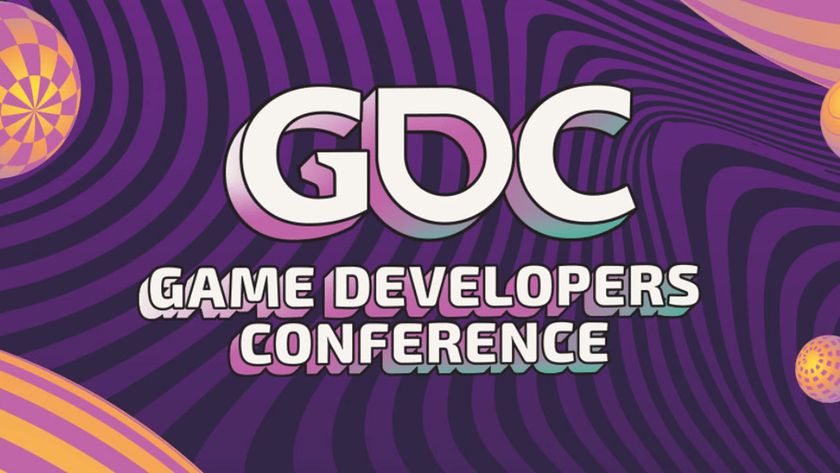9 ideas that could save Nintendo (and how they'd play out)
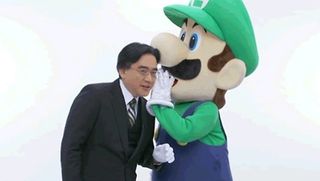
Fewer gripes, more solutions
Stop me if youve heard this one before: Nintendo is in trouble. Yes, yes, its a headline youve been reading for a long time, but thats because the companys outlook keeps getting more grim. Nintendo posted a loss of $229 million dollars for the last 12 months, a number even worse than the company predicted. And the main culprit is the Wii U, which sold only 3.6 million systems the last fiscal year--compare that to the seven million PS4s that have sold since November. Even with strong 3DS revenue, the company is currently far removed from where it was just five years ago with booming Wii and DS sales.
But enough with the doom and gloom! We need to look to the future, not the disappointing present. In the search for answers, I pulled together eight strategies to get Nintendo out of this rut. And, in the sense of fairness, I gave each a reality check to see just how feasible my theories actually are. Lets start with one of the most obvious strategy...
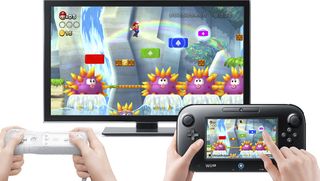
Cutting the Wii Us price
The plan: The Wii U normally costs $300/249, which some would say is a fair price for a console and tablet combo, particularly with the different game bundles Nintendo offers with the system. But when compared to the PS4s $400/ 349, the Wii U is a slightly harder sell. Chop off, say, $50 and the Wii Us value becomes more obvious, no doubt spurring on sales. If the Wii U cant be the most cutting edge hardware, then it should widen the price gap to better distinguish itself.
Will this happen? This isnt very likely in the short term, unless hardware production becomes remarkably cheaper soon. Slashing the MSRP would likely increase sales, but Nintendo would also make less on each system sold. Wii U sales may be a problem, but negative cash flow is a bigger one. Getting less revenue from the Wii U (perhaps even losing money on each console sold) isnt all that helpful--then again, I wouldve said the same thing before the 3DSs huge 2012 price drop.
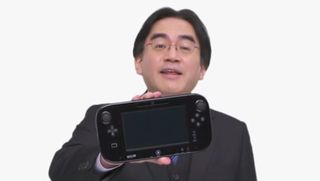
Cut the GamePad, backwards compatibility, or the disk drive
The plan: So its tough to make the Wii U cheaper as is, but what about removing some features? How about replacing the GamePad with a normal controller? Or taking out the Wii backwards compatibility? Or maybe just remove the disc drive and make Wii U an all digital system? Any and all of these could make the Wii U a more attractive machine for consumers, and allow it to reduce the price without taking a bigger loss on the hardware.
Will this happen? Nintendo has been resistant to all of these so far. Company President Satoru Iwata want the GamePad to be more integral to the system, not less. Cutting backwards compatibility seems more possible, mainly because Nintendo did the same with later versions of the Wii, but also too soon. As for an all digital version, Nintendo is definitely happy about its current downloadable sales, but until online console gaming grows more overseas, I dont see Nintendo going fully digitally.
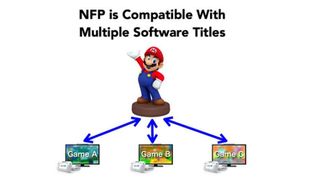
Make the Wii U GamePad really matter
The plan: Fine, if Nintendo wont cut the GamePad, then the tablet needs matter more. Too many games, including ones developed by Nintendo, have few creative uses for the tablet. Some, like Februarys Donkey Kong Country: Tropical Freeze, even have the option to leave the screen blank. Nintendo needs to take the reigns on Wii U development with regards to the GamePad, making the specialized controller as indispensable to the Wii U and the Remote is for the Wii.
Will this happen? Iwata recently detailed his plans to enrich the value of the GamePad in the short term: toys and DS ports. The GamePad has built-in NFC capabilities to interact with toys ala Skylanders and Disney Infinity, and it seems Nintendo will finally take advantage of it with figurines of its own that will communicate with multiple games by the end of the year. And the DS ports offer a console experience thats only possible on Wii U. But while this move is definitely happening, Im not sure how much these smaller steps will help.

Kill the Wii U and launch a new system
The plan: To many consumers, the Wii U simply isnt getting the job done for Nintendo. The name makes some assume its an add-on for the Wii, it lacks mainstream hits like Wii Sports or Wii Fit, and the graphics and features cant keep up with PS4/Xbox One. Itll like look worse by comparison over the next few years, so its time for Nintendo to cut its losses and swiftly release a new, truly next-gen system that can keep up with the big boys.
Will this happen? Its an attractive but unfeasible fantasy at the moment. Iwata has said again and again that hes not only committed to Wii U, but values fun games over fancy tech. And then theres the fact that designing and manufacturing new hardware is a very long process. Lastly, how many early adopters will that next system have if the company burns its loyal fans by killing the Wii U in less than three years? This one has too many drawbacks to be a reality.

Kill the Wii U and focus on handhelds games
The plan: So if Nintendo is having all these home console issues, and isnt ready to start over with a new system, why not just give up on home consoles altogether? As has been the case for more years than not, 2013 saw Nintendos portables out-earn consoles by a large amount. While the 3DS isnt doing as phenomenally as the DS did, it still does great all over the world, particularly in Japan. If Nintendo focused all its resources there, its profits would surely increase.
Will this happen? Eventually, maybe. The Wii Us design already implements the dual screen philosophy of the DS and 3DS, so a merger of portable and console development is only getting closer. Iwata recently acknowledged the possibility of having a console thats also a portable. Personally, I wouldnt be surprised if the successor to 3DS and Wii U werent the same device, but I dont see that coming for a few years yet.
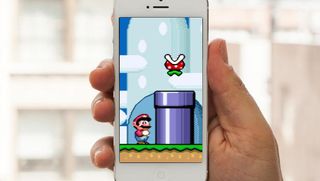
Supplement hardware failings with money from mobile games
The plan: This is the one suggestion that wont die, and its undeniably attractive, especially to those outside gaming. Mobile gamemakers are raking in billions on simple games as Nintendo struggles, and stockholders are watching Marios earning potential be greatly overshadowed by the likes of Angry Birds and Candy Crush. Nintendo should jump on the bandwagon because it needs mobile gaming to survive in todays market.
Will this happen? Mobile games earn a lot of money, but its also a tumultuous market without proven sustainability, the type of business Nintendo usually avoids. And Nintendo has never been keen on sharing revenue with the likes of Apple. Then again, the company is clearly testing the mobile waters, at least as a way to enhance its console games. Nintendo just announced an iOS app that interacts with the Mario Kart 8 community, and I doubt this will be an isolated incident. But will Nintendo developers truly embrace mobile development, and even if they do, could Nintendo titles actually succeed with the decidedly fickle phone users?
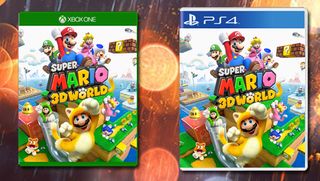
Ditching hardware altogether and going third party
The plan: The low Wii U system sales mean low game sales, which is really too bad, because Nintendos developers made some of the best games of 2013. These titles reviewed so well that its easy to imagine that theyd sell exponentially better if games like Pikmin 3 and Super Mario World 3D showed up on PS4/Xbox One/360/PS3/PC. Avoiding the money pit of Wii U and increasing game sales is a win-win scenario.
Will this happen? Not unless Nintendo has a very bad 2014. Console sales have been steadily softening over the last decade, with a widening gulf between the few mega-sellers like Call of Duty and every other game out there. Third party publishers are continually shrinking and merging to survive, making this a very risky time to suddenly go third party. Iwata and company no doubt remember Segas troubles post-Dreamcast, and that was when the market could sustain more companies than now.
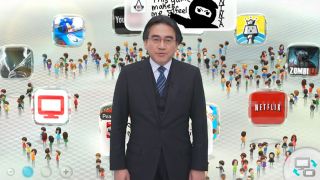
Iwata and other high level management resign
The plan: Satoru Iwata is the first new leader Nintendo had seen in five decades when he took over for the late Hiroshi Yamauchi. Iwata oversaw some of Nintendos most successful years, but the post-Wii era has seen more businessmen calling his leadership into question. With increasing turmoil over his decisions, some are predicting hell leave in a massive corporate shake-up. If the company had drastically different management, many of the previous suggestions seem much more possible. Will a stockholder mutiny make Iwata jobless?
Will this happen? First off, this is hard to predict because Japanese businesses dont normally have the kind of executive turnover you see in western companies. Top level positions like Iwatas are normally very entrenched, especially with loyal executives and the fact that much of the stock is owned by the company, which resists a hostile takeover. If Nintendo suffers even worse losses in this fiscal year, Iwata may resign as a way of apologizing to investors and consumers, but hes more into taking paycuts as penance than putting his job on the line.
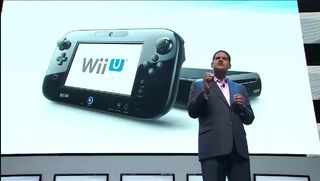
Do nothing, and weather the storm
The plan: Sometimes the best thing to do in a crisis is relax and take your time. Just stay the course and ride out these lean years. Allow the Wii U a natural, five year lifespan while the company plans a successor, much like Nintendo did with the GameCube at the start of the millenium. With massive cash reserves to fall back on, Nintendo can lose money for the next few years while it prepares, slowly transforming itself into a leaner, meaner company that can take on the world with the next round of consoles.
Will this happen? From the outside, this seems to be Nintendos current strategy. Unlike former competitor Sega in 2001, Nintendo has the luxury of being able afford losing money on an unpopular system while it plans for the future. But those savings arent going to last forever--Nintendo can survive one Wii U, but Im not so sure if it can take a consecutive hardware flop.
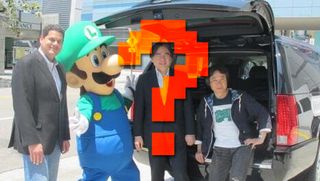
Saving throw
How would you go about fixing Nintendos current situation? Throw in your own suggestions in the comments, but be sure to give a thorough explanations like mine. Its the polite thing to do.
And if you're looking for more Nintendo history, check out 8 other catastrophes that Nintendo averted and 50 bits of Nintendo trivia.

Henry Gilbert is a former 12DOVE Editor, having spent seven years at the site helping to navigate our readers through the PS3 and Xbox 360 generation. Henry is now following another passion of his besides video games, working as the producer and podcast cohost of the popular Talking Simpsons and What a Cartoon podcasts.
